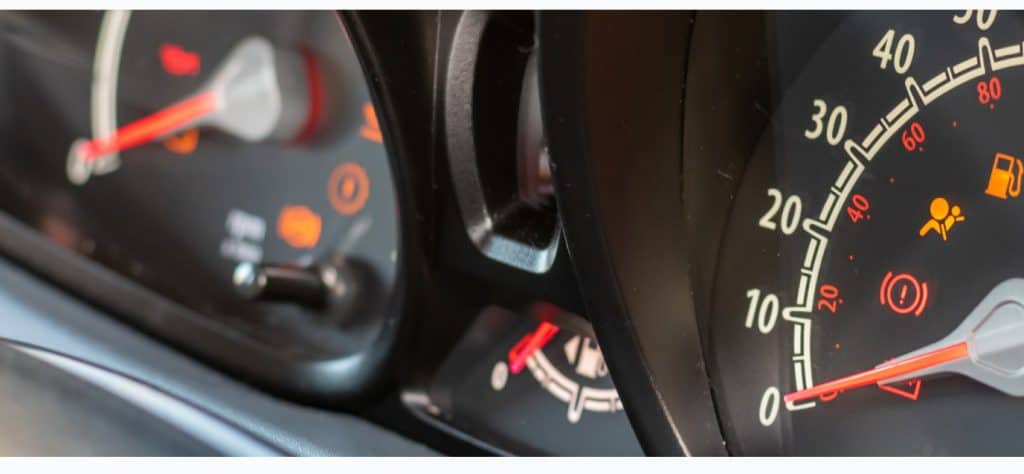
“The check engine light is designed to come on when a vehicle’s computer sees a problem that impacts emissions or drivetrain issues, which can lead to poor performance and reduced fuel economy. Ignoring the check engine light will cause your car to fail an emissions test and can result in the need for additional repairs down the road,” said David Rich, CarMD technical vice president. “We encourage drivers to address all of their dashboard warning lights to help make sure their vehicle is as reliable and efficient as it can be; local auto parts retailers offer many free resources and affordable tool options to help diagnose dash lights.”
The following is a breakdown of the 10 most common check engine light-related repairs in 2023 and the average cost (including parts and labor) to make that repair:
- Replace catalytic converter(s), $1,304
- Replace oxygen sensor(s), $253
- Replace ignition coil(s) and spark plug(s), $398
- Replace mass air flow sensor, $311
- Replace ignition coil(s), $212
- Replace EVAP canister purge control valve, $141
- Tighten or replace fuel cap, free to tighten; $25 on average to replace (not in top five repairs for the first time)
- Replace ABS wheel speed sensor, $271 (new to the list this year)
- Replace fuel injector(s), $446
- Reprogram powertrain control module, $109
Other findings from year’s CarMD Vehicle Health Index Check Engine Report:
- More Drivers are Ignoring Dashboard Lights. In a recent survey of U.S. vehicle owners, CarMD found that nearly half (49%) reported having a dashboard warning light on. 22% reported having a tire pressure light on, which is understandable since the survey was conducted in January when cold temperatures can cause low tire pressure. The survey also found 20% reported their vehicle’s check engine light was on – this is nearly double the number from the last time CarMD surveyed drivers about their check engine light. 12% of respondents reported having an oil/maintenance light on, 11% had an illuminated anti-lock braking system (ABS) light, and 7% had a supplemental restraint system (SRS) air bag light on. (Source: Online survey of 1,250 US adults who own or lease a vehicle that is at least one year old. Survey conducted on behalf of CarMD by Veridata Insights 1/17/24 – 02/07/24).
- Parts Costs Up. In 2023 car repair costs were up 5.1% overall, totaling $424 on average – an all-time high since CarMD began tracking check engine light-related car repair costs. Labor costs were only up 1%. But in a continuing upward trajectory, parts costs were up over 7%. Factors that likely played a role in this increase include more technology in cars, increases in the cost of consumer goods, and more expensive parts failing as vehicle owners hold on to their cars and trucks longer than ever before.
- End of an Era. The gas cap is no longer one of the five most common check engine repairs. This marks the first time the gas cap has dropped out of the top five since CarMD started tracking check engine repairs back in 2011.
- Vehicle Age Impacts Check Engine Light Problems. CarMD found that a model year 2007 vehicle is most likely to need a check engine light-related repair.
The 2024 Index statistically analyzed more than 15 million failures and recommended repairs for vehicles in the U.S., over the previous calendar year. The data comes directly from each vehicle’s OBD2 system, reported by millions of vehicle owners and the professionals who service them. The failure and fix data are validated by CarMD’s network of Automotive Service Excellence (ASE)-certified technicians.
About the CarMD Vehicle Health Index
Published annually since 2011, the CarMD Vehicle Health Index is the first and most comprehensive industry report to provide consumers and the automotive aftermarket with year-over-year check engine light repair insight. CarMD is uniquely qualified to provide unbiased data on repair costs and trends having built the most dynamic database of failures and repairs related to vehicle on-board diagnostic systems.
About CarMD